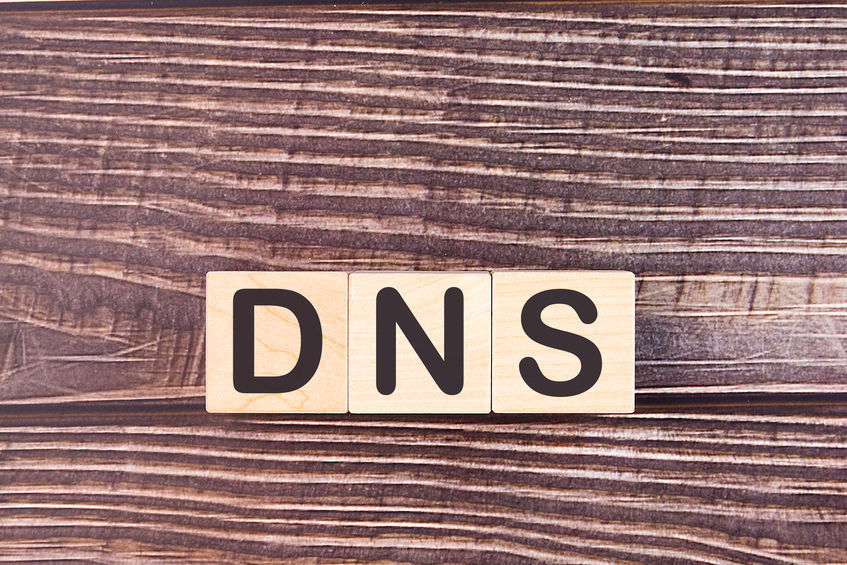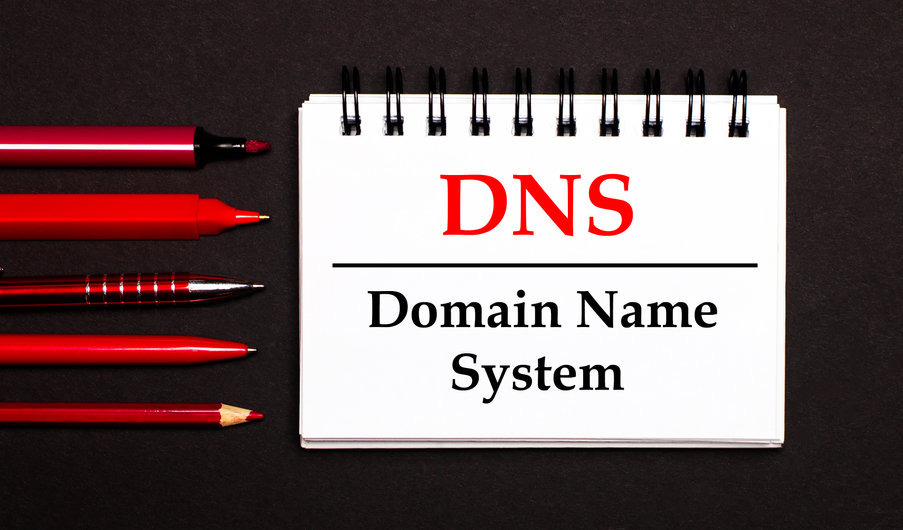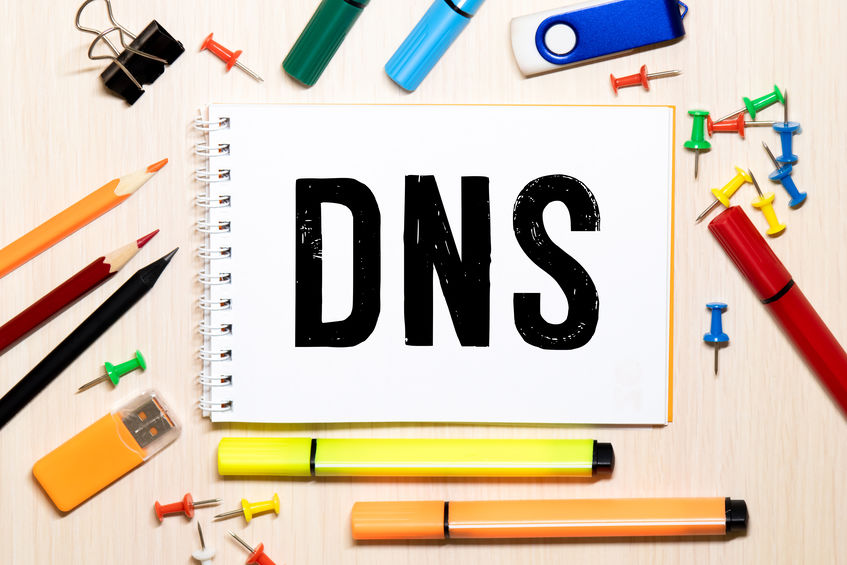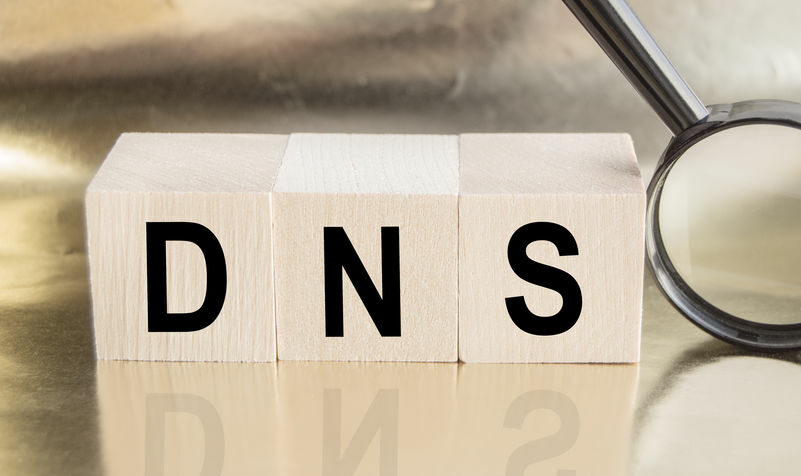Are you feeling desperation searching for a way to improve your site’s speed and reliability? You came to the right place! Cloud DNS service has a lot of benefits to make this happen. What does Cloud DNS service have to offer you? You will be surprised!
Speed
Are you ready to boost the domain resolving speed? Imagine not using just the default 3-4 name servers that your domain register provides, but a network of 10 or 20. Or even more! You can create points of presence, incredibly close to your visitors, and shorten the response time massively.
Uptime
The Cloud DNS service gives you the possibility to do load balancing. You can have multiple DNS servers that can respond to DNS queries to your visitors. They can be combined in a load-balancing network. If one server goes down, there are many more running and still responding to the DNS queries. There are Failover mechanisms to do actions in case one server goes down and auto-start it when it gets up again. Uptime will be spectacular with a Cloud DNS service. You won’t have clients who can’t reach your domain, and you won’t lose sales because of that reason.
Ease of use
Wait, wait, wait, hear me out. Using cloud DNS service is a lot easier to use than renting VPS servers around the world and manually installing and configuring DNS software on them. Most providers have a very well-design control panel that facilitates your domain’s management, creating DNS zones and DNS records. You might even get tips or tutorials on how to perform the majority of the tasks.
Customer service
Having managed DNS service means you are using a professional company to manage your DNS. They will be experts at their job. You don’t need to hire an extra employee. To manage your domain, you can contact the DNS service provider’s customer service and get good help. Usually, such companies have 24/7 customer service that you can access through emails, chat or call.
Knowing that you could get help if there is a problem is not a small benefit.
Extra tools
Do you want to have DDoS protection? There it goes. What about DNS Monitor and failover? To really understand the traffic to your domain name and have automated reactions in case of a problem. Then you can really benefit from a Cloud DNS service. You will see how many additional features you will get. You will also receive many options to verify your emails and make sure they arrive at their destination and do not end in the SPAM bin.
Scalability
When we are talking about the benefits of using Cloud DNS service, we can’t skip the cloud in its name. The obvious plus of the cloud is that you can adjust your usage. You can start small and later scale-up, or you can negotiate extra features and higher limits for a date like Black Friday or Cyber Monday.
So, having a buffer to scale up is great! And, of course, you will get the option to lower the usage too.
Recommended article: How to choose the best DNS hosting provider for me?
Conclusion
So, if you have some extra money to spend, you can get a lot of benefits, thanks to the Cloud DNS service. Should you do it? Yes, if you want to provide better service to your users and have improved speed and stability.










